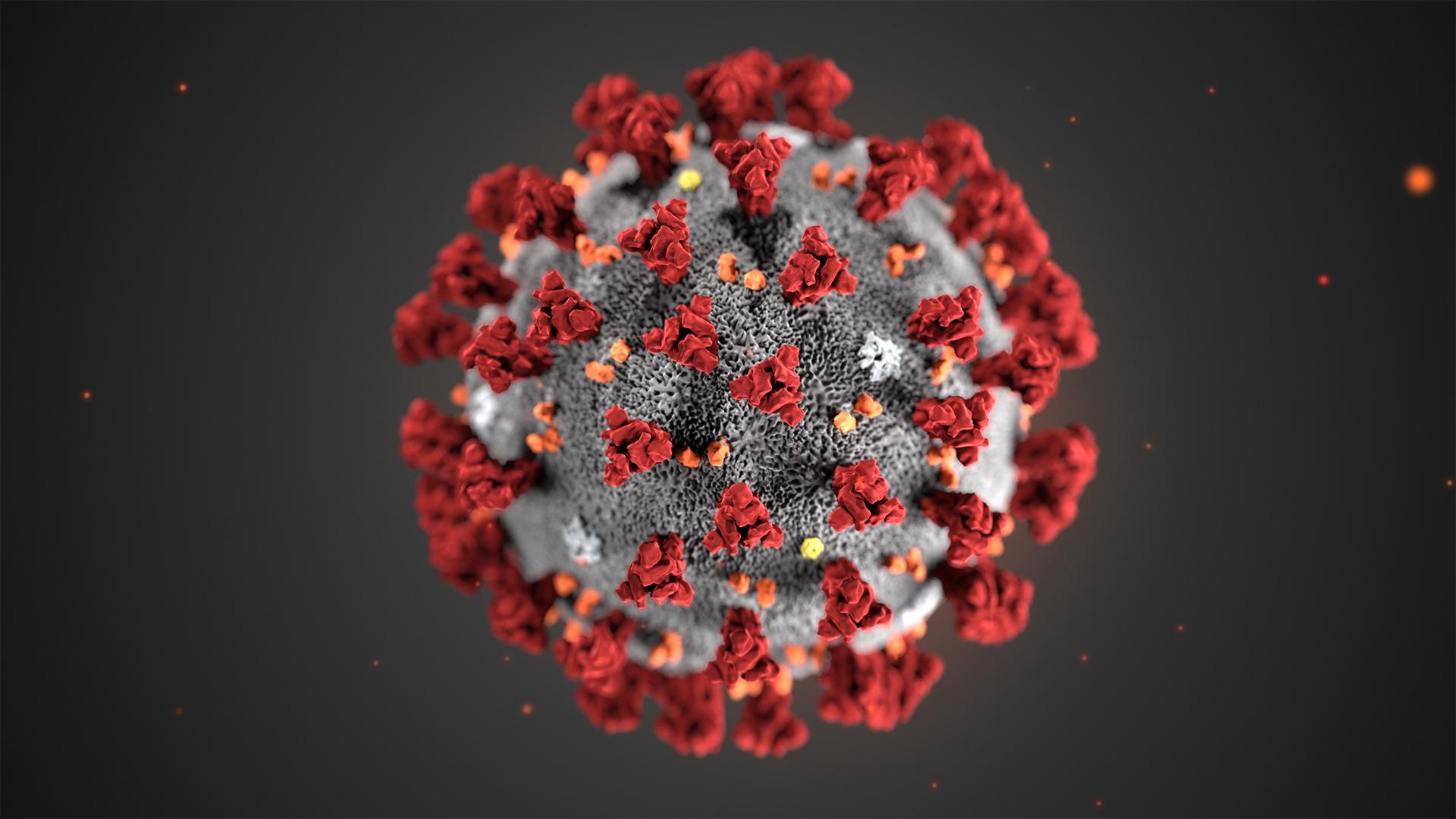Despite the ongoing global COVID-19 crisis, McGill experts are advising students to remain calm. About one million students and educators have been affected by the two-week closure of Quebec’s CEGEPs, secondary schools, and universities, leaving many wondering as to the possible extent of the crisis’s disruptions to their daily lives.
Epidemiologist Dr. Raymond Tellier, a professor at McGill’s Department of Medicine, was a member of the research team that identified the SARS Outbreak in 2003. Tellier explained why it is important to stay calm during the current epidemic.
“I don’t think panic helps anything,” Tellier said. “Going berserk about [the pandemic] is not going to help us. This is a difficult situation that we need to face. But there are ways to deal with that. Social distancing, all the measures that we’re seeing [….] The [crisis] will actually pass, provided that we do things that stop the chain of transmission.”
On March 11, the World Health Organization declared COVID-19 to be a pandemic; province-wide school closures followed soon after, on March 13. Josie Grundy, U0 Arts, explained that McGill’s announcement that classes were cancelled came as a relief after hours of uncertainty.
“It’s been intense wondering what’s happening next, just always looking out for the next email,” Grundy said. “But now that we know what’s going on, at least for the next two weeks, […] I can’t really worry beyond that.”
Tellier explained that while they may have caught some students off guard, the provincial measures to prevent the virus from spreading are likely to pay dividends later.
“There are those that say ‘Well, this is a fairly strong reaction given that we have only a small number of cases [in Quebec],’” Tellier said. “But the thing is that […] we know that these measures of containment are much more efficient if you take them early rather than taking them late.”
Shelves in grocery stores such as Provigo are empty, and some shops are seeing a spike in demand for toilet paper. According to Samuel Veissière, an assistant professor in the Department of Psychiatry, it is important to bear in mind that humans are evolutionarily predisposed to fear.
“The spread of a novel coronavirus for which people have not yet acquired immunity certainly requires planning and action,” Veissière wrote in an email to //The McGill Tribune//. “When one compares the [number of infections and deaths] to well-known seasonal viruses like influenza, […] the public’s response and that of officials in many [countries] seems disproportionate. [One] evolutionary factor is the well-documented negativity bias. The human mind is obsessed with potential threats.”
Some communities, particularly the Chinese and broader East Asian community, have been particularly affected by the COVID-19 crisis. Montreal’s Chinatown has seen a steep decline in business, and a hooded individual recently attacked several sacred lion dog statues with a sledge hammer at the Quan Am Buddhist temple. Two other temples have been attacked since.
Experts like Sandra Hyde, an associate professor of anthropology at McGill, are linking the outbreak of COVID-19 to a rise in xenophobia. According to Hyde, part of the issue is the rapid pace of information. She claimed that every epidemic is accompanied by a parallel ‘infodemic’ of speculation and misunderstanding.
“[Infodemic means] misreading, misunderstanding, and a lot of misguided speculation and guesswork about this new disease’s parameters,” Hyde wrote in an email to the ///Tribune./// “I think since Wuhan was the epicentre, there are xenophobes that label the epidemic as [the] Chinese or Wuhan virus. But all epidemics know no borders and COVID-19 is no different.”
Veissière also believed that there was a social cost to unchecked alarmism. He classified the current response to COVID-19 as a moral panic, a phenomenon that occurs when a public response is significantly out of proportion to a perceived threat. According to Veissière, xenophobia and prejudice often draw on a contagion model of foreign infectious agents. He believed that the current COVID-19 outbreak is liable to heighten fears of being contaminated by marginalized groups, especially groups seen as carrying the disease.
“In times of epidemics, seasonal and otherwise, avoiding large crowds and maintaining good hygiene is obviously advantageous for people with compromised immune systems,” Veissière wrote. “Excessive fear, isolation, and discrimination, however, are terrible for our democratic societies, our economies, our mental health, and our well-being more generally. These irrational fears must be countered with love, care, and compassion.”








